I'm having trouble figuring out how to properly create an object depending on the user's choice.
In the program, I ask the user which they class they want to be--Knight or Wizard. I take input '1' or '2' to represent Knight and Wizard.
I made a switch statement, and within case 1, I declared an object Knight, and the same for Wizard.
I need to use these objects outside of the switch statement, but I can't. I tried to make a 'default' object by making 'Player player;' but because the Player class has a pure virtual function, I can't do that either.
How do I do this effectively?
This is what I have so far:
int main()
{
std::string plyrName;
int input;
bool foo = false;
std::cout << "What is your name?\n";
std::cin >> plyrName;
std::cin.ignore(1000, '\n');
std::cout << "\nWelcome, " << plyrName << ". What class would you like to be?\n";
std::cout << "1. Knight.\n2. Wizard.\n";
std::cin >> input;
while (input != 1 && input != 2)
{
if (foo == true)
std::cout << "Please enter 1 for Knight and 2 for Wizard.\n";
if (!(std::cin >> input))
{
std::cin.clear();
std::cin.ignore(std::numeric_limits<std::streamsize>::max(), '\n');
std::cout << "\n";
std::cout << "Only integers are allowed.\n";
}
else
std::cout << "\n";
foo = true;
}
switch (input)
{
case 1:
{
Wizard player;
break;
}
case 2:
{
Knight player;
break;
}
}
std::cout << "\nHere is your player information summary.\n";
std::cout << player.classType();
system("pause");
return 0;
}
I need to access the player object after is has been created, because I want to output to the user which class they selected. Both Knight and Wizard classes have a function to output this.
EDIT: I have a follow up question. In the diagram, Knight & Wizard have a static variable 'special attack name'. How can I access this variable in the main function? The solution of using unique_ptr means that the pointer will point to the base class Player, thus not allowing access to the derived class members such as the static variable 'special attack name'. Do I have a flaw in my design?